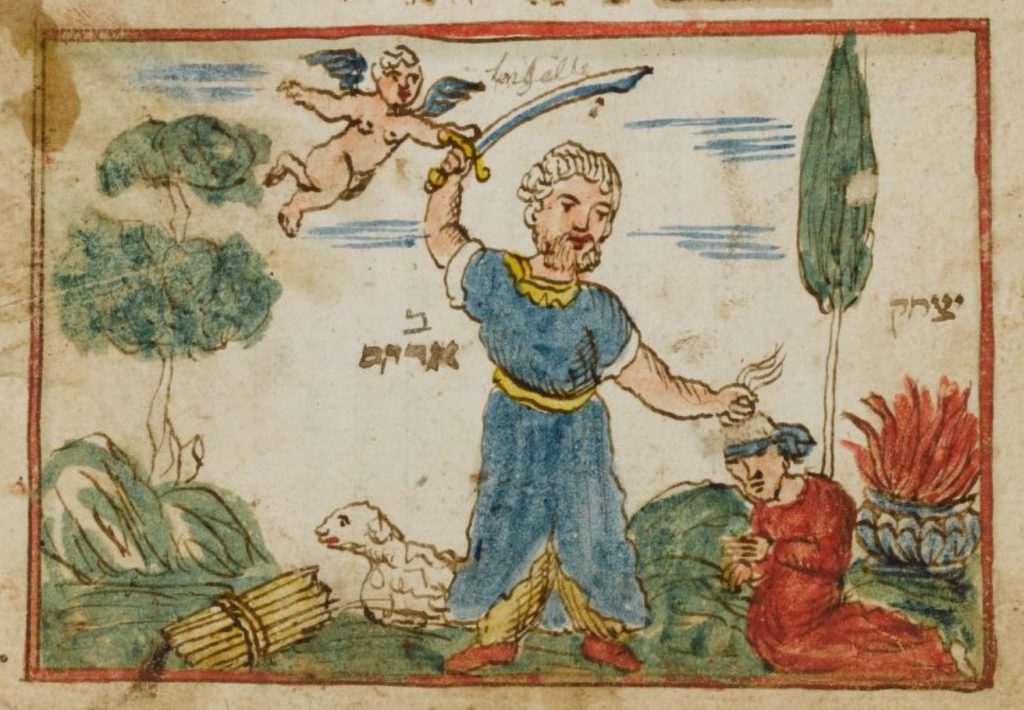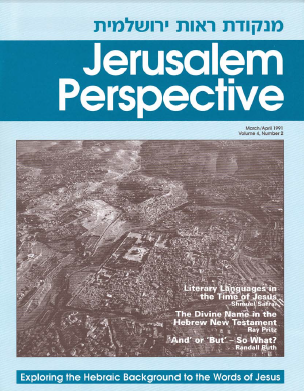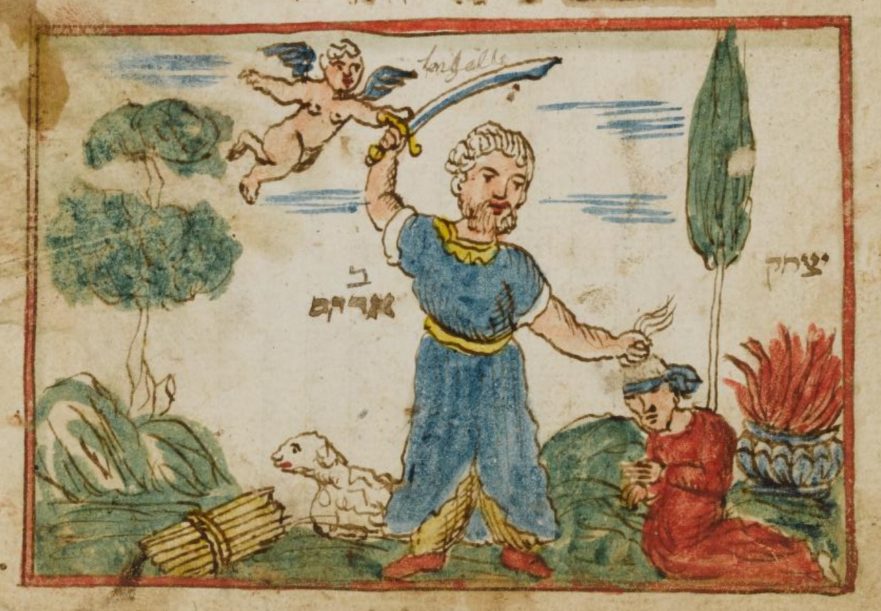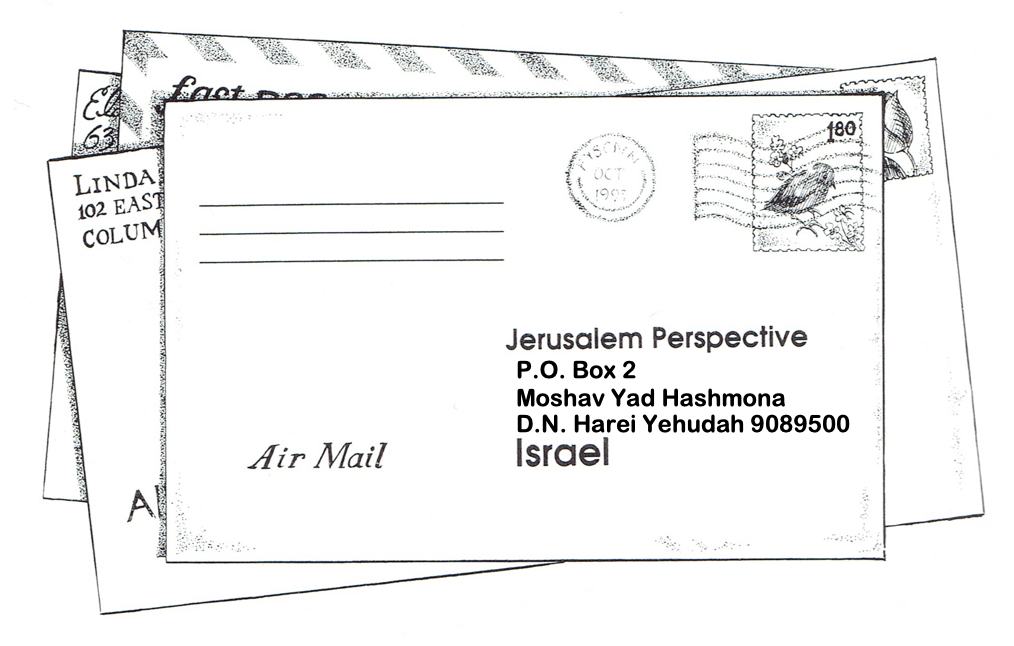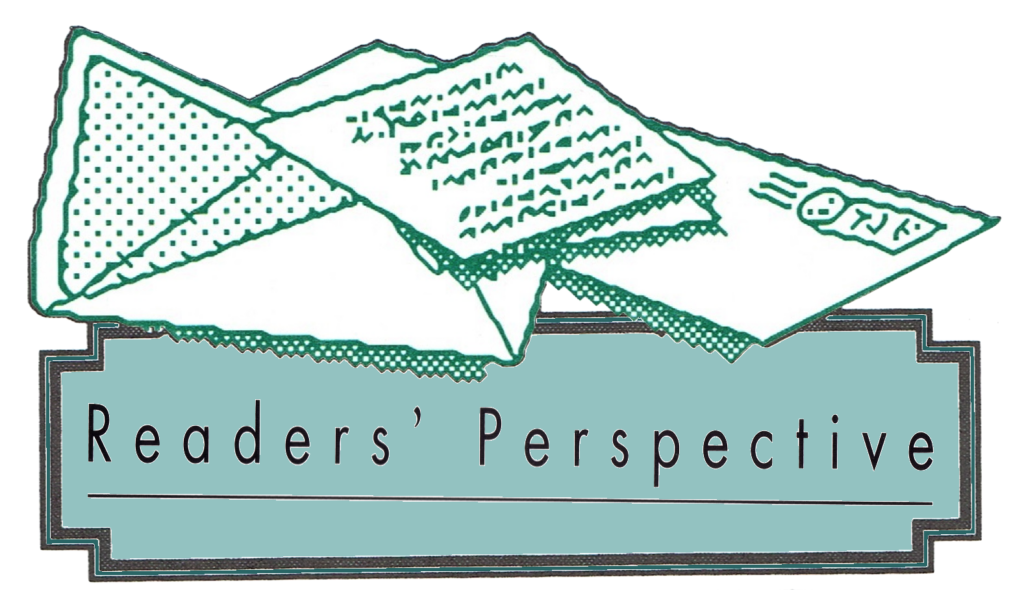
A JP reader asks:
The phrase “Call no man father, except your father in heave,” causes a lot of confusion. Many Christians criticize Catholics for calling their priests “Father,” but Jews say “Our father Jacob” or “Our father Abraham.” I feel we may have lost something in translation. What did Jesus mean?
—Joe Barefoot, Little Rock, Arkansas, U.S.A.
David Bivin responds:
It has always been common for Jews to refer to their patriarchs as “our father so-and-so.” Abraham is referred to as “Abraham our father” (אַבְרָהָם אָבִינוּ, avraham avinu), or “our father Abraham” (אָבִינוּ אַבְרָהָם, avinu avraham). This custom was especially common in the time of Jesus, and we find many examples of “our father so-and-so” in the New Testament, just as in other Jewish sources from the period: “Abraham our father” (Luke 1:73; Rom. 4:1; James 2:21); “Isaac our father” (Rom. 9:10)”; our father Abraham” (Luke 16:24, 30; John 8:53; Acts 7:2; Rom. 4:12); “our father Jacob” (John 4:12); and “our father David” (Mark 11:10; Acts 4:25).
One should realize that the Hebrew word for “father,” אָב (av), is also the word for “forefather,” or “ancestor.” So when a Hebrew speaker uses “our father Abraham,” he is not using “father” as an honorific title, but is referring to Abraham as an arch-ancestor of the nation. It is unlikely that in Matthew 23:8-10 Jesus intended to prohibit the use of “father” in this sense.
Paid Content
Premium Members and Friends of JP must be logged in to access this content: Login
If you do not have a paid subscription, please consider registering as a Premium Member starting at $10/month (paid monthly) or only $5/month (paid annually): Register
One Time Purchase Rather Than Membership
Rather than purchasing a membership subscription, you may purchase access to this single page for $1.99 USD. To purchase access we strongly encourage users to first register for a free account with JP (Register), which will make the process of accessing your purchase much simpler. Once you have registered you may login and purchase access to this page at this link:
